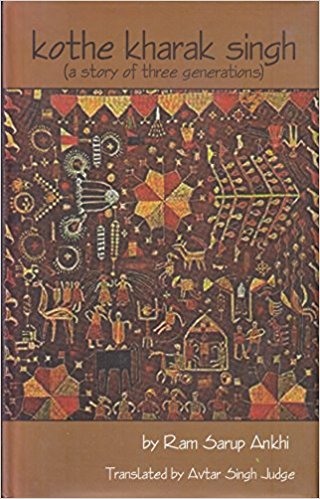There is a view supported by, among others, Salman Rushdie and Amit Chaudhuri that Indian Writing in English is superior to literature produced in regional languages. Obviously this opinion fails to take into account the variety, vigour and sincerity that marks writing in various Indian languages. Punjabi fiction being a case in point. In the last hundred years or so there has developed a canon of Punjabi fiction which can hold its own even in the face of apathy and neglect suffered by regional literatures. Thanks to the English translations of many Punjabi novels the readers now have a better idea about its richness and distinction.
It bears the unmistakable influence of Russian fiction largely due to the easy availability of Russian classics in Punjabi. The influence of the Qissa traditionWaris Shahs contribution readily comes to mindon Punjabi fiction is also equally important. It can be said that Punjabi literature has been enriched by Sikh, Sufi and even Marxist philosophy. Novelists like Gurudial Singh, Jaswant Singh Kanwal, Kartar Singh Duggal and Ram Sarup Ankhi have contributed to the richness of Punjabi fiction.
Ram Sarup Ankhi has written 15 remarkable novels and about 350 stories but unfortunately hardly a handful of them are available in English translation. Ankhi’s Kothe Kharak Singh (translated from the Punjabi into English by Avtar Singh Judge) is one such work which merits attention because of its wide range and skillful treatment of life in rural Punjab. Winner of Sahitya Akademi Award, this novel presents a story of three generations beginning with the 1940s and goes on to depict the changes, or lack of them, that took place in the villages of Punjab till the early eighties.

